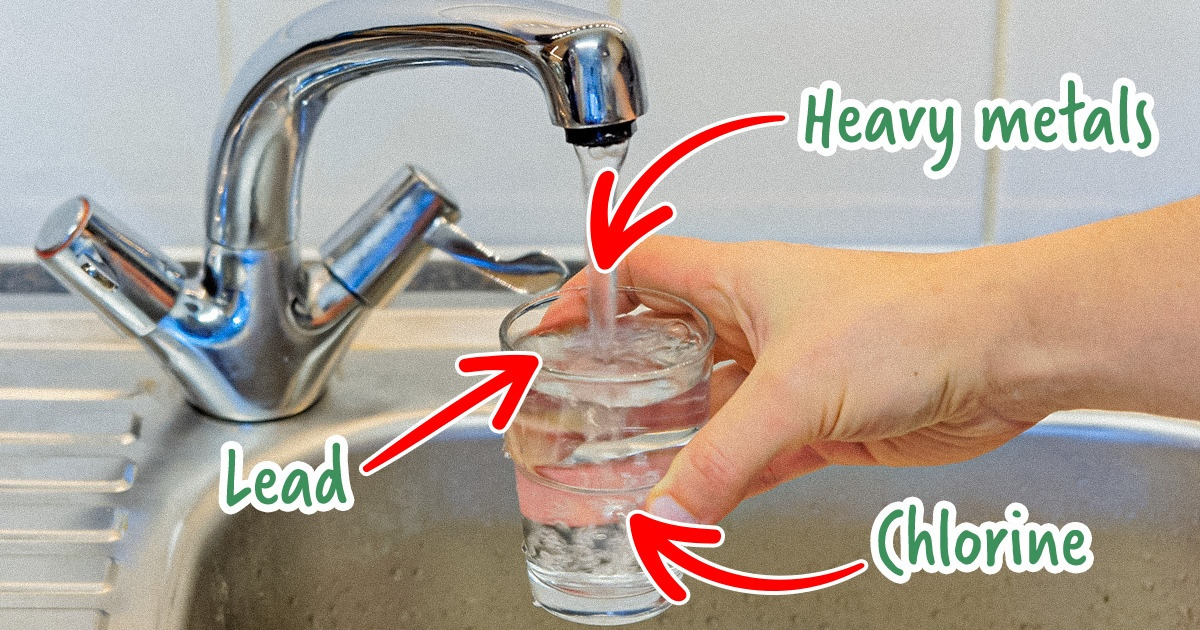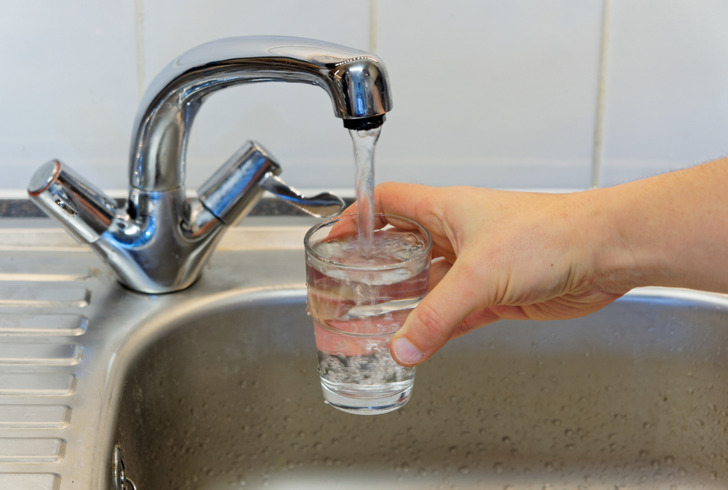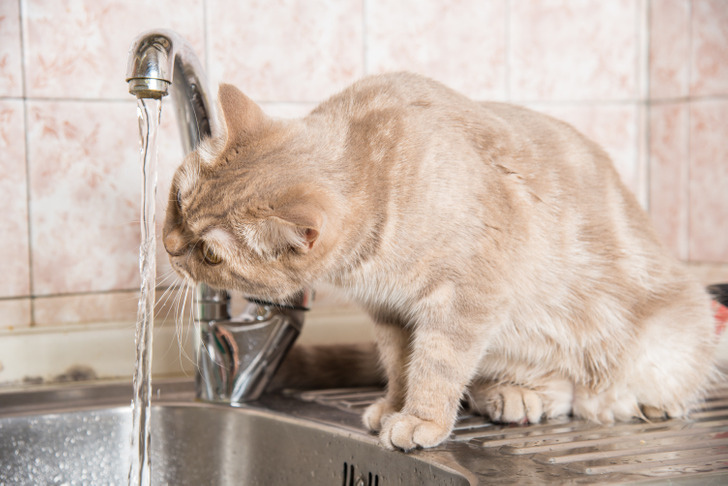Why We Shouldn’t Drink Tap Water

Many of us have heard that we shouldn’t drink tap water. But not many people actually know why.
We at 5-Minute Crafts finally decided to find out what’s wrong with tap water and why we shouldn’t drink it.
❗ Important: This article is for informative purposes only and can’t replace the recommendations of experts.
Bad for health
Tap water may contain heavy metals, which are metals with a high density that are toxic to the body. In this case, symptoms such as digestive disorders, nervous system issues, and headaches may appear.
Old water systems were built from lead. If you live in an old building, it’s very probable that the piping there is also old. Over time, lead particles may slip into the water. Long-term exposure to lead may lead to kidney problems, anemia, and overall body weakness.
Tap water may also contain nitrate, which can be converted into nitrite. They are bad for the body, especially for children with weak intestines.
Taste
Chlorine is added to the water to eliminate harmful bacteria and germs. Even though chlorine is basically harmless, when it comes into contact with other materials (those in taps or kettles), it might develop an unpleasant chemical taste.
The earthy or musty taste of tap water is usually caused by algae bacteria or other organic material in your water source. It might also happen if the water goes through peaty lands, such as moorlands, or when it stays in the pipes for too long.
The internal pipework is to blame for the bitter and metallic taste of water. Iron, copper, or galvanized pipes that have been exposed to standing water for several hours and more can make the water bitter. This problem usually appears in big buildings.
How to filter water
There are several ways to clean tap water with different filters:
- Activated carbon filters may remove certain organic contaminants that change the taste and flavor. Some are supposed to remove the byproducts of chlorination, solvents, pesticides, and some metals, such as copper or lead.
- Ion exchange units with activated alumina may remove calcium and magnesium that make water hard. Such filters are usually used with other filtration methods, such as reverse osmosis.
- Reverse osmosis filters can remove nitrates and sodium as well as pesticides, fluoride, chloride, and petrochemicals.
- Distillation units will boil water and collect the vapor, turning regular water into distilled water.
It’s important to remember no filter can remove all contaminants. Before installing any of them, it’s better to know what the water in your system contains and choose the filter based on that.

